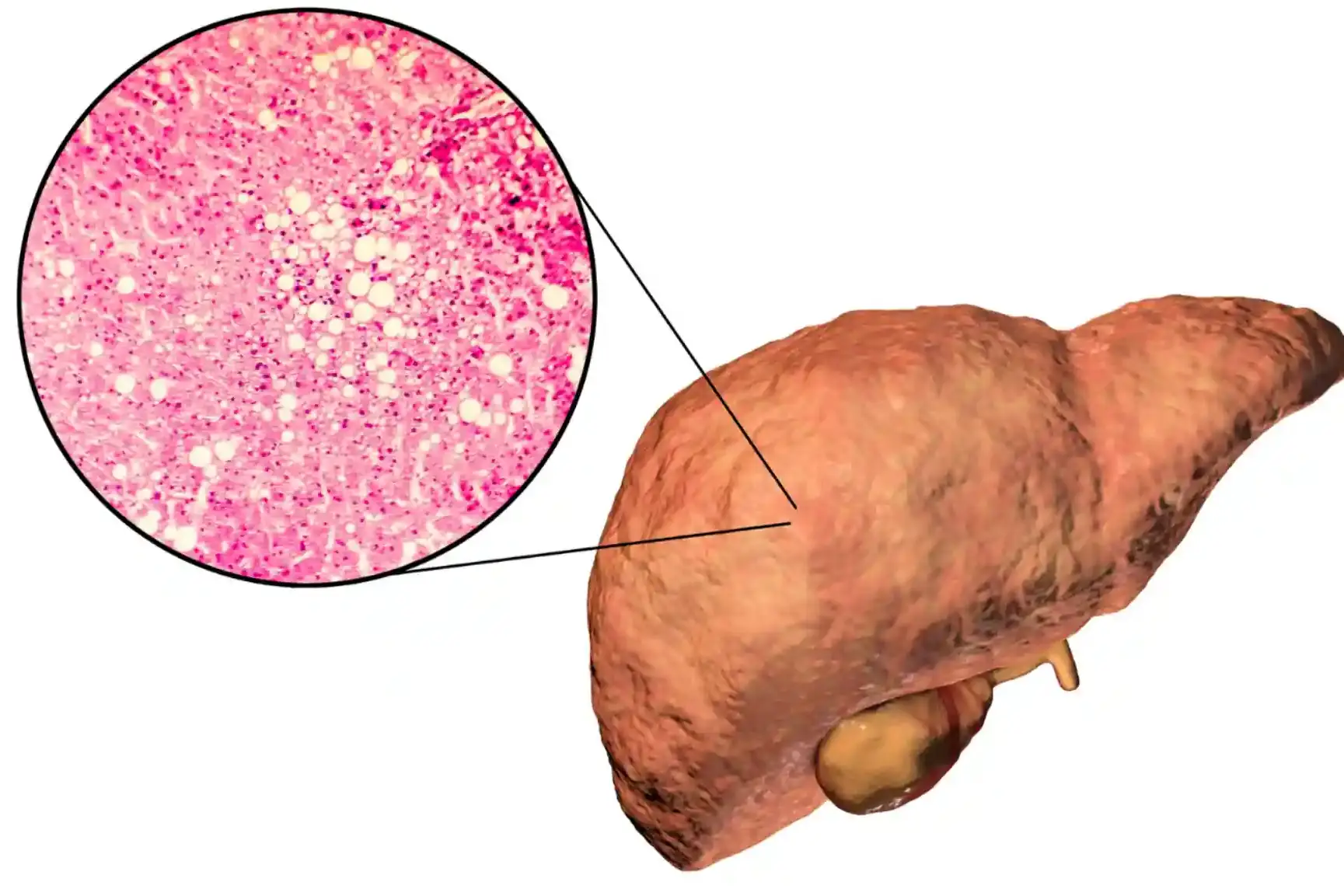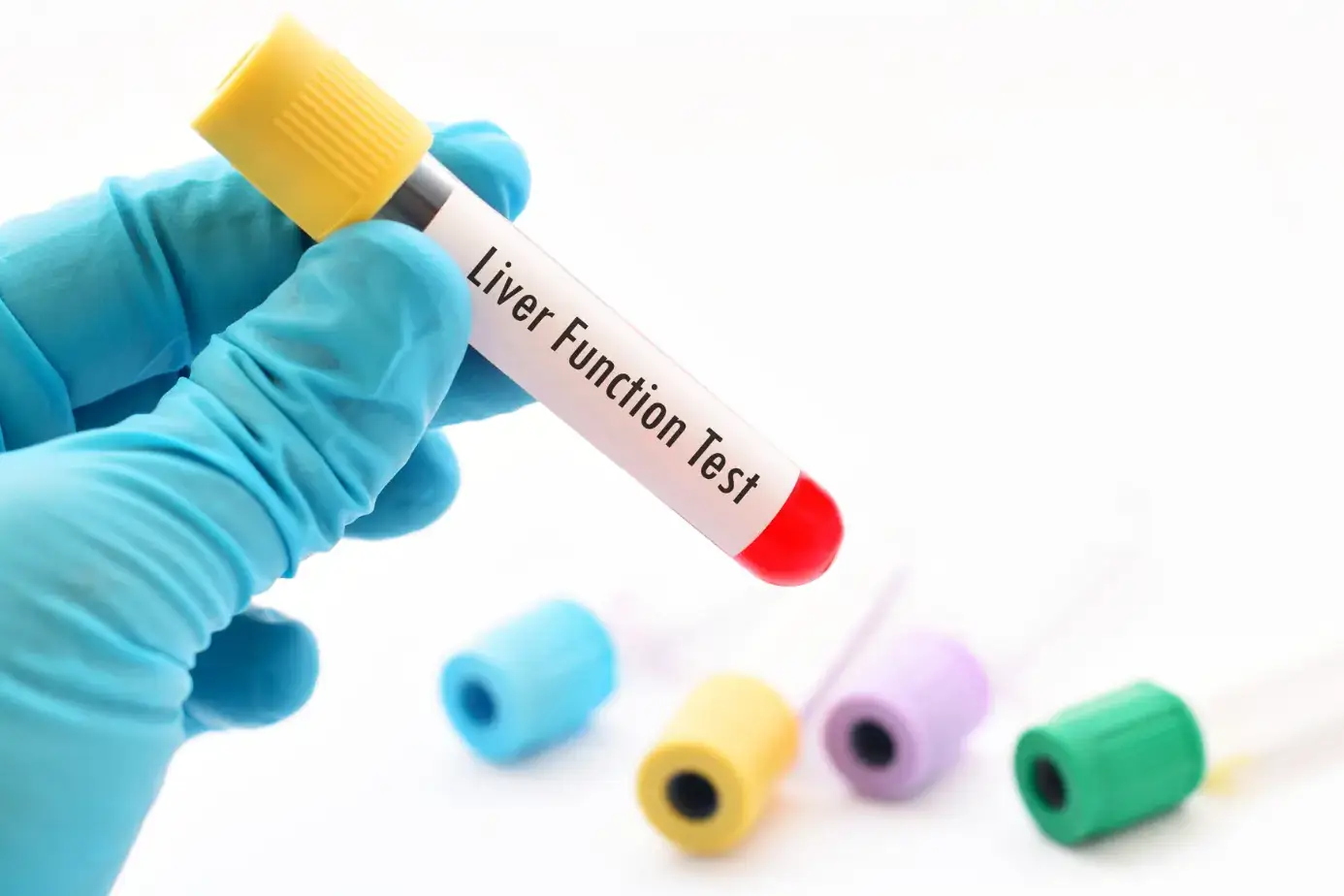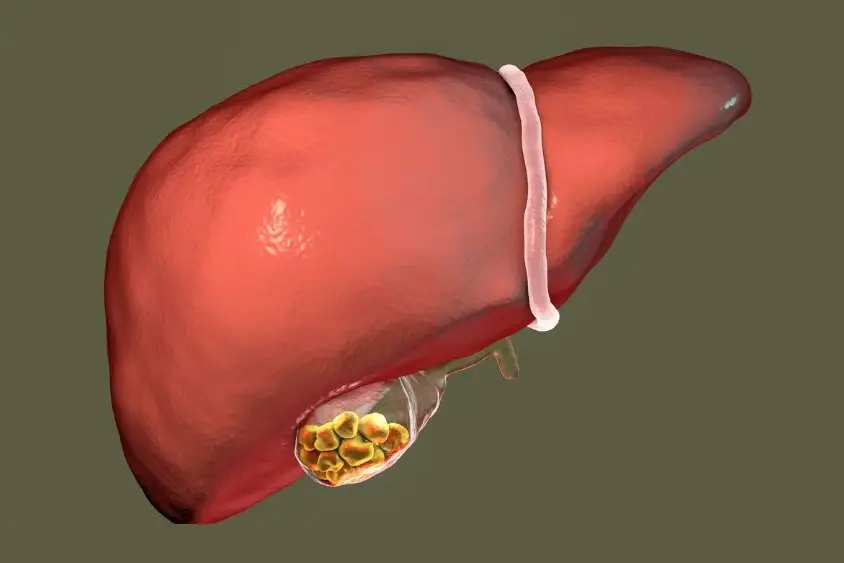Immunodeficiency disorder prevents the body from battling bacterial infections and viruses, making it relatively easier for viruses and bacteria to spread throughout the body. These conditions exist either congenitally, which means a person is born with it, or they are acquired, which a person acquires over time. The immune system comprises several organs:
Table of Contents
Toggle- Spleen
- Tonsils
- Bone marrow
- Lymph nodes
Lymphocytes, known as B cells and T cells, are produced and released by these organs. These cells fight antigens, which are foreign invaders. Upon detecting foreign cells by B cells, T cells release antibodies that specifically target those cells. Some of the antigens that these cells fight off include bacteria, viruses, cancer cells and parasites.
What are the different types of immunodeficiency disorders?
An immune deficiency disease usually occurs when the immune system is not functioning correctly. If the cause is genetic, it is known as primary immunodeficiency disease. There are approximately more than 100 different primary immunodeficiency disorders. Among them are:
- X-linked agammaglobulinemia (XLA)
- Common variable immunodeficiency (CVID)
- Severe combined immunodeficiency (SCID), which is known as alymphocytosis or ‘boy in a bubble’ disease
Secondary immunodeficiency disorders are known to occur when a foreign body, like toxic chemicals or infection, attacks your body. Severe burns, chemotherapy, radiation, diabetes, malnutrition can be a few causes of secondary immunodeficiency disorders. Examples of secondary immunodeficiency disorders include:
- AIDS
- Cancers of the immune system like leukaemia
- Immune-complex diseases like viral hepatitis
- Multiple myeloma
Who is at more risk for immunodeficiency disorders?
People who have a genetic history of primary immunodeficiency disorders are comparatively at a higher risk. Moreover, anything that impairs immunity can result in secondary immunodeficiency disorder. For instance, as you start ageing, some of the white blood cells producing organs shrink, so your body begins to have fewer of them. Furthermore, proteins are essential for immunity. Not enough consumption can weaken your immune system. The body produces proteins while asleep, which helps in fighting infection. Hence, it is very crucial to get proper sleep.
Early Signs of Immunodeficiency
For children up to age 18
- More than four ear infections in a year.
- More than two sinus infections in a year.
- Two or more months on antibiotics with little or negligible effect.
- Two or more pneumonia within one year.
- A child who is unable to gain weight or grow normally.
- Requirement of antibiotics administered intravenously to treat infections.
- Deep, recurrent abscesses in the body.
- The skin is infected with fungus.
- Infections deep in the body, including septicemia.
- Inheritance of primary immune deficiency.
For adults
- An ear infection every other month.
- A sinus infection occurring more than twice a year, without any allergy symptoms.
- One case of pneumonia per year for more than one year.
- Chronic diarrhoea along with weight loss.
- Recurring viral infections such as cold, herpes.
- Frequent need for antibiotics intravenously.
- Recurrent and deep abscesses of the skin or internal organs.
- Fungal infection on the skin or elsewhere.
- Infection with normally harmless tuberculosis like bacteria.
- An ancestor with primary immunodeficiency.
Most doctors agree to the fact that people with immunodeficiency disorders can live a productive lifestyle. However, early identification and treatment of the disease are very crucial. If a child or an adult in the family is a victim of the symptoms mentioned above, doctor consultation is recommended.
How can immunodeficiency disorders be prevented?
Whilst primary immunodeficiency disorders can be controlled or treated, they can’t be prevented entirely. Secondary infections can be contained in several ways; for instance, it is possible to prevent yourself from getting AIDS by not resorting to unprotected sex with someone who’s a victim of HIV. You can also follow a number of steps to prevent infections, such as practising good hygiene, taking care of your teeth by brushing at least twice a day, eating right and healthy, being physically more active, getting enough sleep, keep yourself updated about vaccinations. Also, it is essential to avoid over-stressing! Some studies suggest that stress is one of the significant reasons behind a hampered immune system—practice yoga, meditation or mindfulness to calm your mind and nerves.
Sleep is very crucial and essential for a healthy immune system. According to the research, adults must sleep for a minimum of eight hours. Also, it is advisable to keep your distance from sick people if your immune system is weak.
How are immune disorders diagnosed?
If your doctor is of the impression that you might have an immunodeficiency disorder, he will examine you by the following:
- Ask about your medical history
- Perform a physical exam
- Determine your white blood cell count
- Determine your T cell count
- Determine your immunoglobulin levels
Vaccines can be injected to test your immune system response in what is called an antibody test. Your doctor will then go ahead and test your blood for its response to the vaccine a few days or weeks later. If an immunodeficiency disorder is not detected, your immune system will produce antibodies to fight those organisms in the vaccine. However, if you have the disorder, your blood test will not show antibodies.
How are immunodeficiency disorders treated?
A patient’s immunodeficiency disorder is treated differently based on the condition. For example, AIDS leads to several other infections. Therefore, doctors prescribe medication for each different disease.
The treatment for immunodeficiency disorders usually comprises antibiotics and immunoglobulin therapy. Various antiviral medications are available, including amantadine or acyclovir, as well as interferon, which is used for diseases triggered by viruses, including autoimmune diseases.
About The Author

Medically reviewed by Dr. Nivedita Pandey, MD, DM (Gastroenterology)
Dr. Nivedita Pandey is a U.S.-trained gastroenterologist and hepatologist with extensive experience in diagnosing and treating liver diseases and gastrointestinal disorders. She specializes in liver enzyme abnormalities, fatty liver disease, hepatitis, cirrhosis, and digestive health.
All content is reviewed for medical accuracy and aligned with current clinical guidelines.





